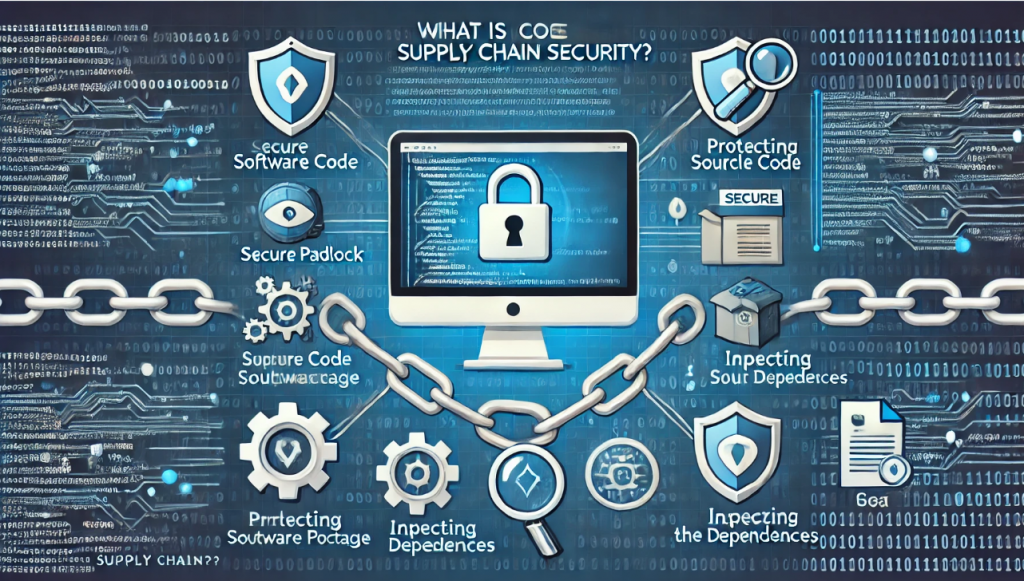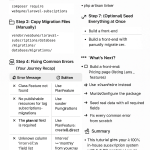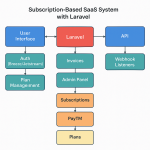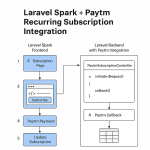Limited Time Offer!
For Less Than the Cost of a Starbucks Coffee, Access All DevOpsSchool Videos on YouTube Unlimitedly.
Master DevOps, SRE, DevSecOps Skills!

What is Code Supply Chain Security?
Code supply chain security involves protecting the various components, dependencies, tools, processes, and people involved in the creation, development, and deployment of software. This type of security is critical because attackers often target vulnerabilities in the supply chain to insert malicious code, steal data, or disrupt services. Supply chain attacks can include credential theft, software tampering, data theft, and denial-of-service attacks. High-profile examples include the SolarWinds attack and the MOVEit ransomware attack (IONIX) (Cyberint) (Cycode).
Advantages of Implementing Supply Chain Security
- Enhanced Protection Against Attacks: By securing the supply chain, organizations can prevent attackers from exploiting vulnerabilities in third-party components or services, reducing the risk of malware infiltration and data breaches (Cyberint).
- Improved Compliance: Implementing robust supply chain security measures helps organizations comply with regulatory requirements and industry standards, thereby avoiding fines and legal repercussions (Foley & Lardner LLP).
- Increased Trust and Reputation: Demonstrating strong supply chain security can enhance an organization’s reputation and build trust with customers, partners, and stakeholders (Dark Reading).
- Operational Resilience: Effective supply chain security ensures the continuity of operations by mitigating the impact of supply chain disruptions (Cycode).
Use Cases of Supply Chain Security
- Protecting Software Development Environments: Ensuring that only authorized code and components are used during the software development process to prevent the introduction of malicious code (Cycode).
- Securing Third-Party Dependencies: Regularly assessing and updating third-party libraries and dependencies to mitigate the risk of vulnerabilities (Cycode).
- Vendor Risk Management: Conducting thorough due diligence and continuous monitoring of vendors to identify and mitigate potential risks associated with third-party providers (Foley & Lardner LLP).
- Incident Response: Implementing incident response plans to quickly detect and respond to supply chain attacks, thereby minimizing damage and recovery time (Foley & Lardner LLP).
Tools and Services for Supply Chain Security
Proprietary Tools
- Cycode: Provides visibility and governance across all DevOps tools and infrastructure, secure coding practices, CI/CD security, and dependency management (Cycode).
- IONIX: Maps publicly facing assets and dependencies to detect vulnerabilities and supply chain impacts, such as those seen in the Polyfill supply chain attack (IONIX).
Open Source Tools
- OWASP Dependency-Check: Analyzes project dependencies for known vulnerabilities.
- Snyk: Scans for vulnerabilities in dependencies and container images.
- Trivy: A comprehensive vulnerability scanner for containers and other artifacts.
- Clair: An open-source project for the static analysis of vulnerabilities in application containers.
- Anchore: Provides policy-based compliance and security checks for container images.




